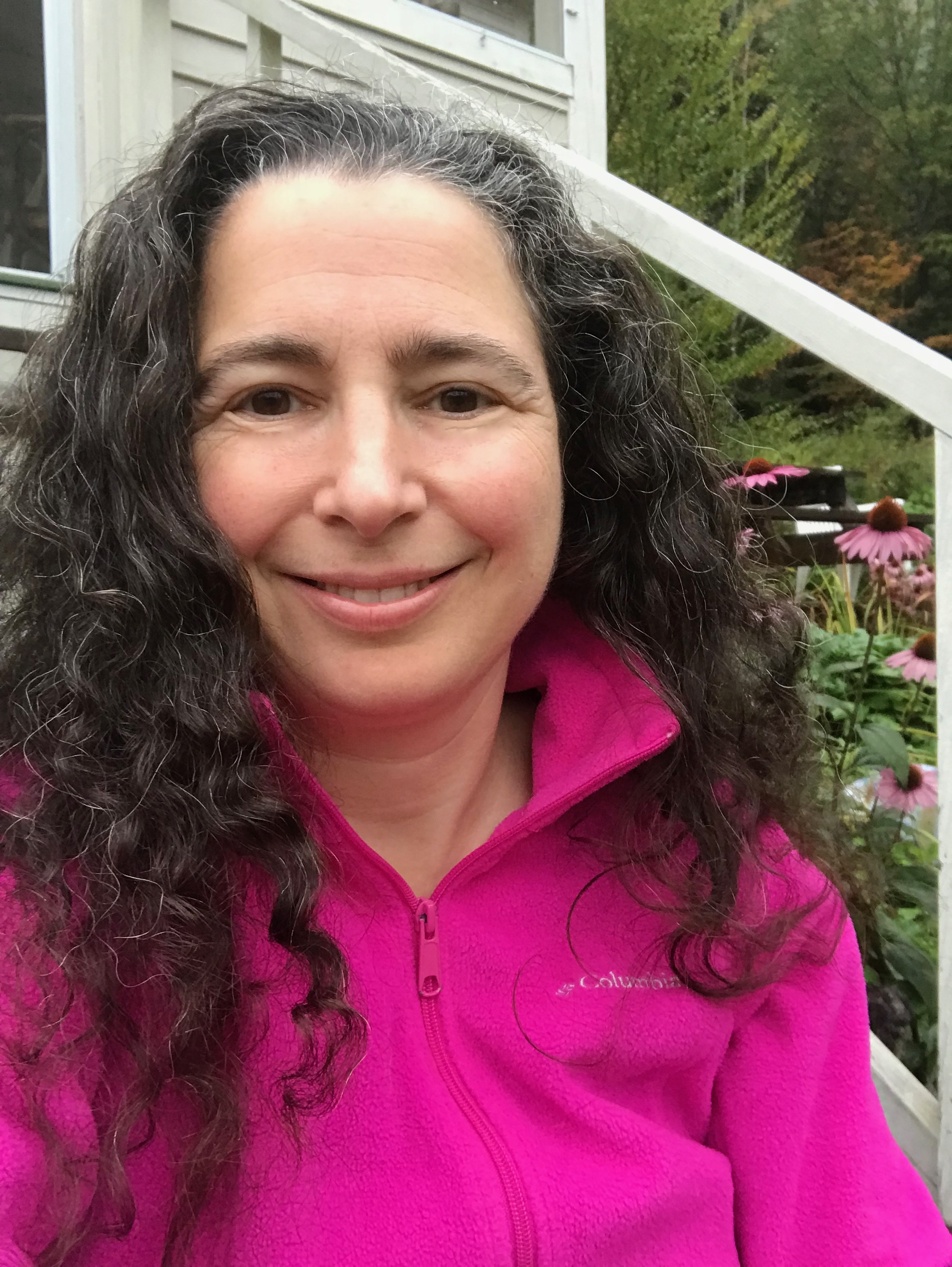ISSN: 1941-4137
POETRY THAT ENACTS THE ARTISTIC AND CREATIVE PURITY OF GLASS
POETRY THAT ENACTS THE ARTISTIC AND CREATIVE PURITY OF GLASS

Hannah Silverstein lives in Vermont and is a student in the MFA Program for Writers at Warren Wilson College.
Only the Birds
I’ve tried and tried to write a poem of praise,
and come up empty. I’m not ungrateful for all I have,
not that — and I hardly lack for love, or for moments,
even every day, when I could sing, or cry, at the presence
of so much: snow lingering north of the house though sun
has melted every other corner, dog leaping with joy
at the certainty of a walk, husband engrossed in a book
I gave him, even the word husband, even now, even
eight years on, my heart not yet caught up to the reality
that it might not be doomed to be alone. This rock-filled land,
which bears my name on its title, and taxes due next month —
how long I longed for a plot of dirt to dig in, a bit of forest,
a place to belong. I would pay almost any tax for that. So much
of what my past self wanted, I have. And still. What you love
makes you vulnerable. Ross Gay said that. I hold out
these joys — scrap of birch bark drilled by a woodpecker, run
of brook water gulping under ice — for you to take from me,
to tear from my hand, to laugh at or make ugly or destroy. The snare
buzzing like grasshoppers in the hayfield. What person can fail
to fail us, if only in death? Only
the pair of loons who nest each year on Miller Pond,
who beat their wings and holler when the osprey circles,
only the osprey, diving on the hunt, only the ravens complaining
in the firs, only the cedar waxwings sunning themselves
on a wire, the red-winged blackbirds sounding
the alarm, only the killdeer luring us away and
away from their nest — only the birds are certain
in their praise and scolding. Only the birds never fail to return.
The paraphrased words from Ross Gay come from an episode of the podcast Commonplace: Conversations with Poets (and Other People) in which he discussed vulnerability as part of the price of love. His framing helped me recognize the role fear plays in my own tendency to feel a kind of grief in the face of happiness, and for me that became one way into this poem.
Glass: A Journal of Poetry is published monthly by Glass Poetry Press.
All contents © the author.
All contents © the author.





